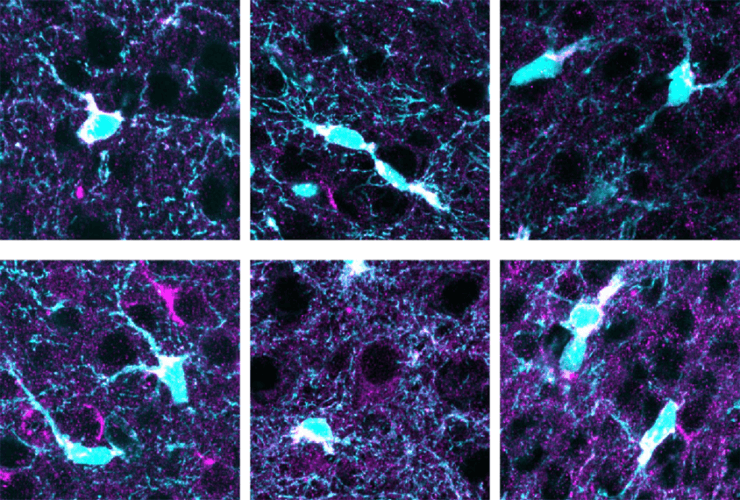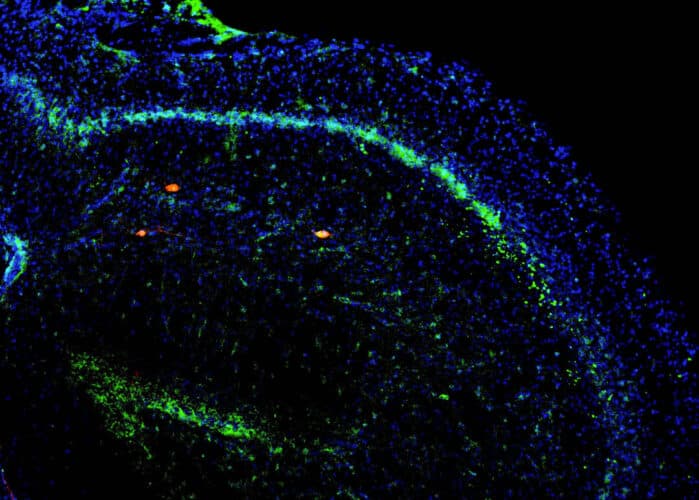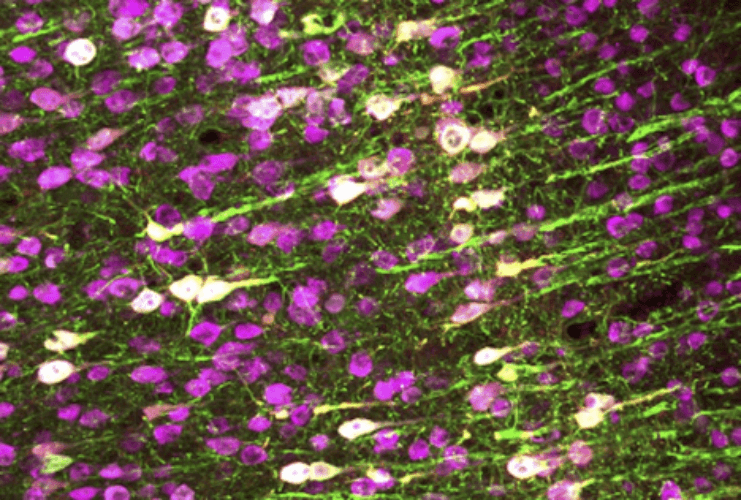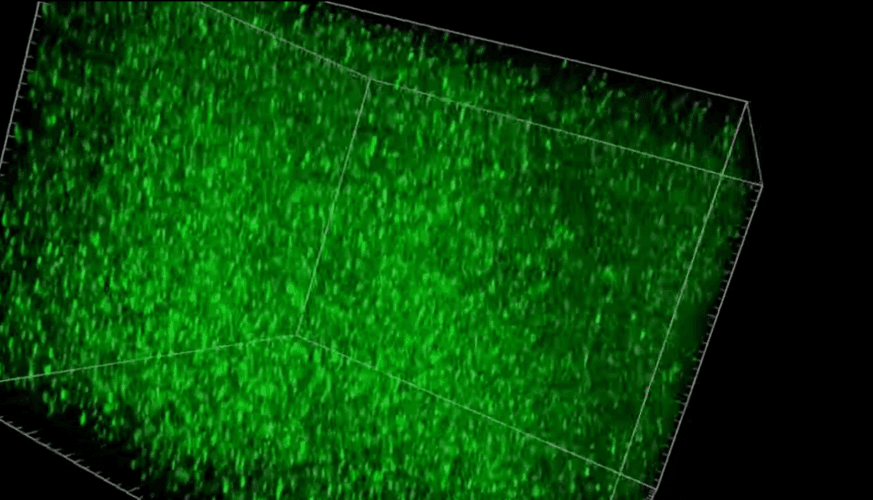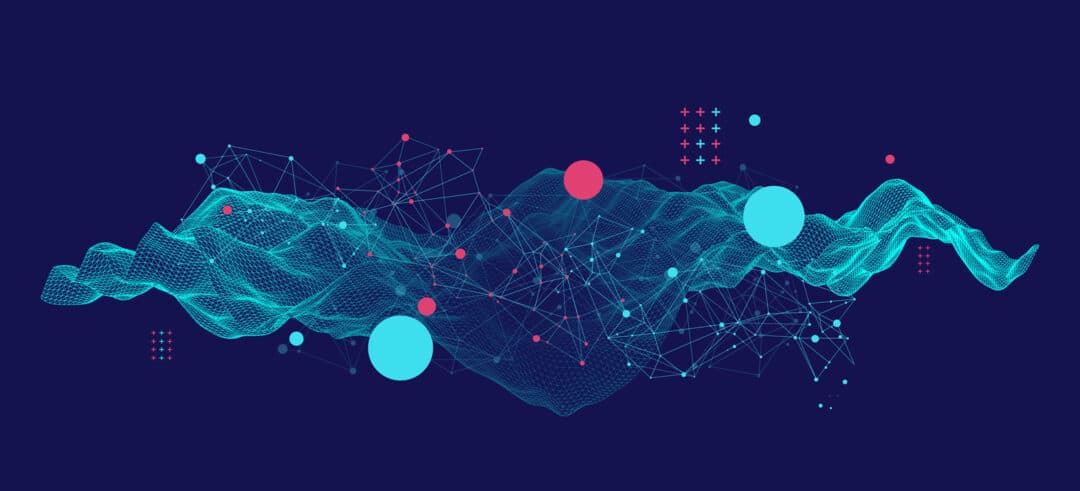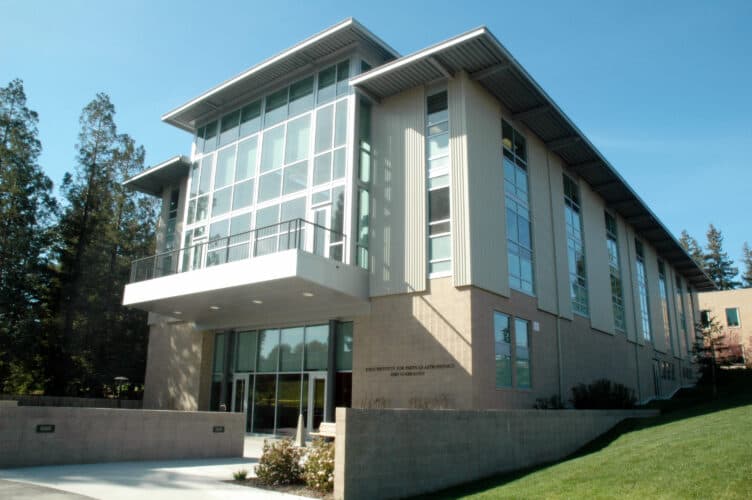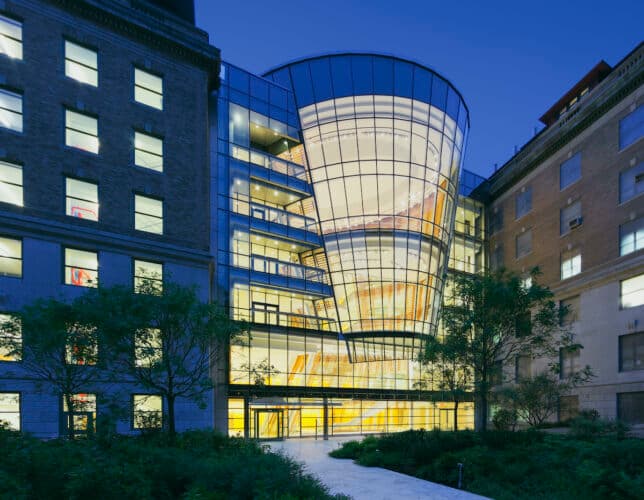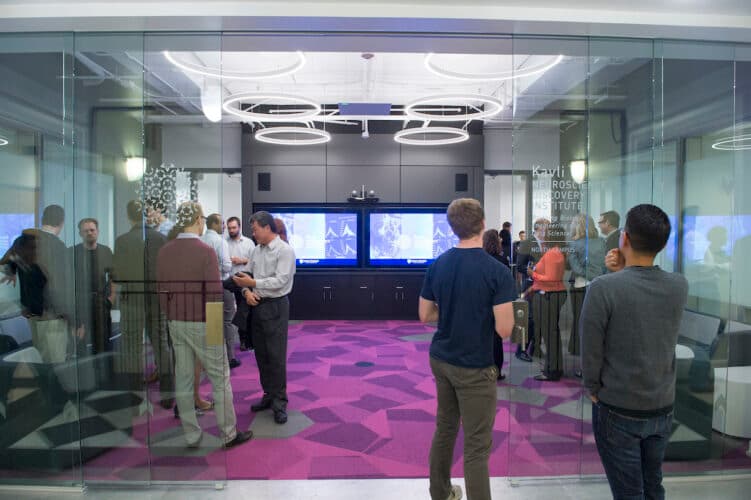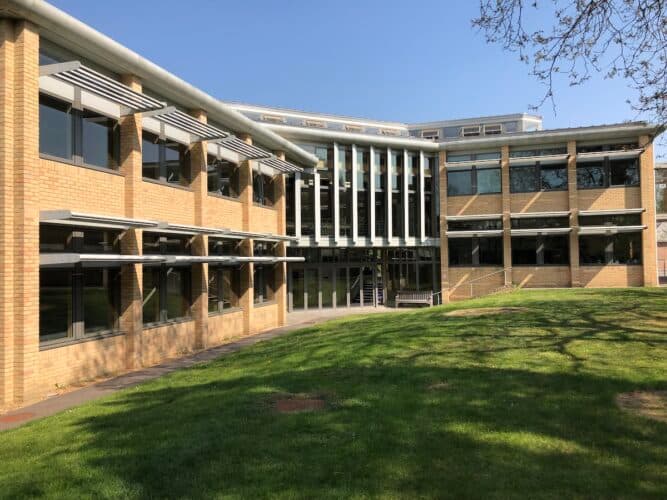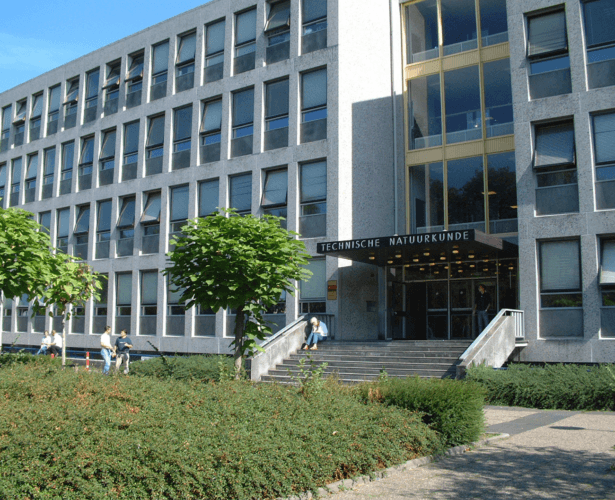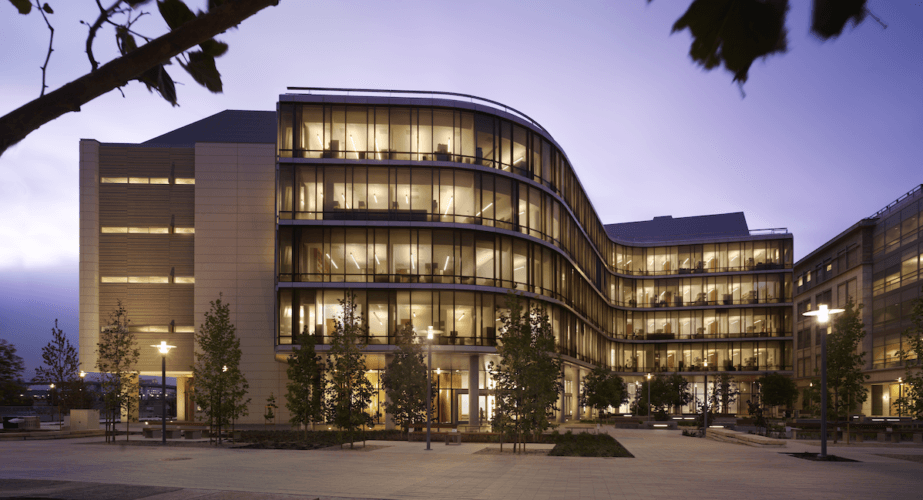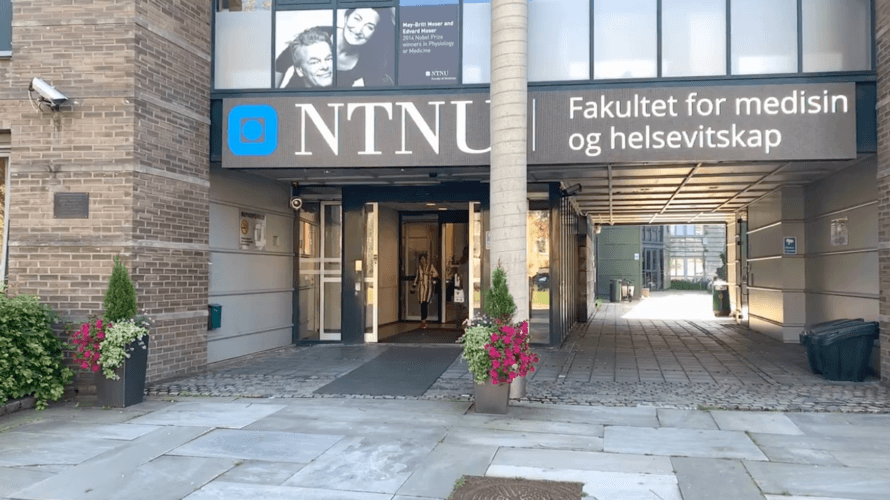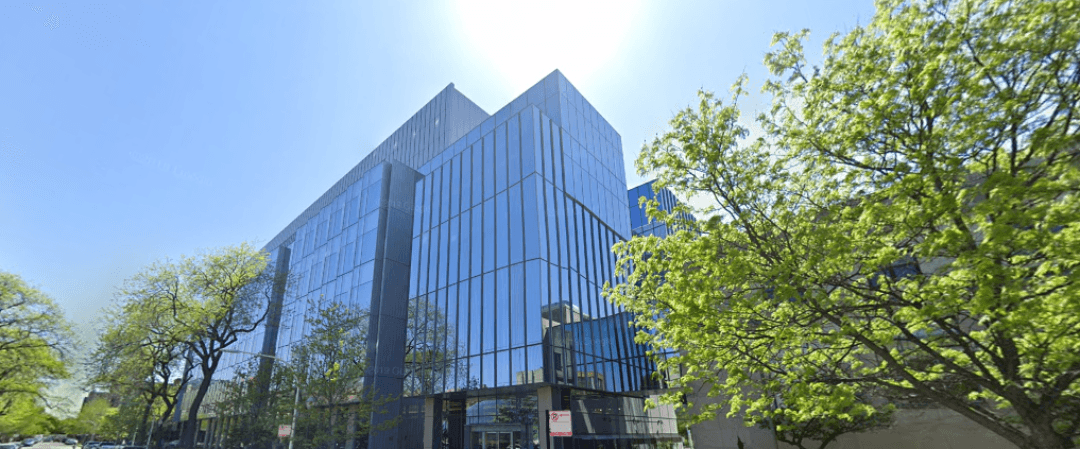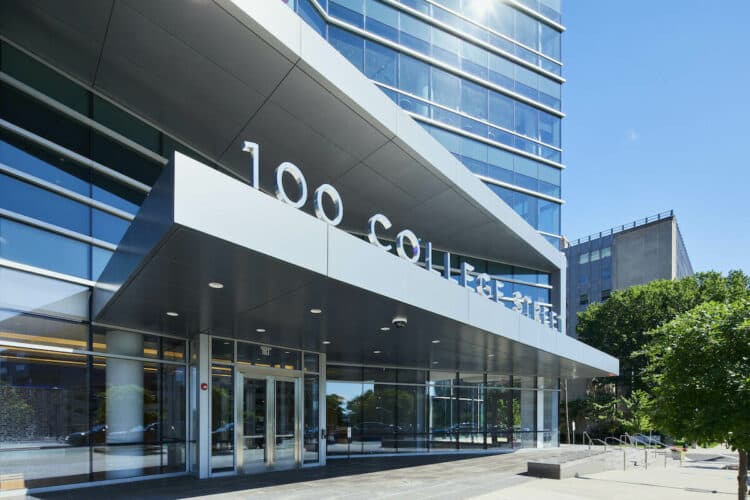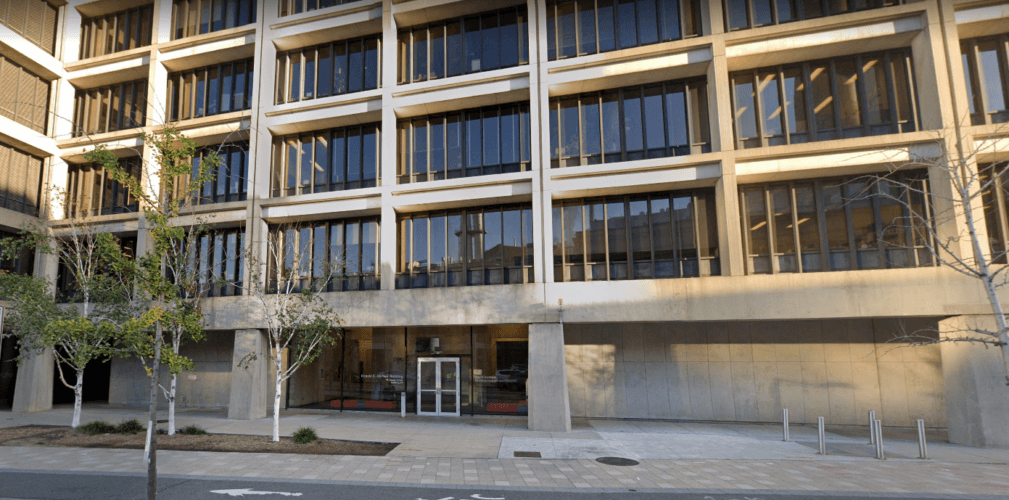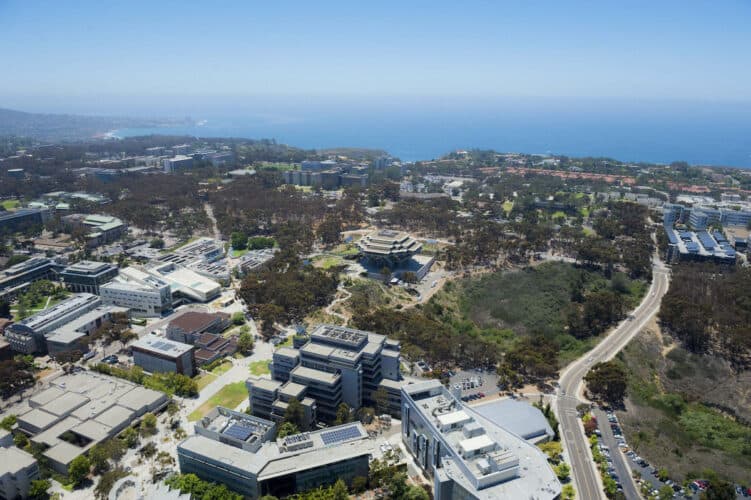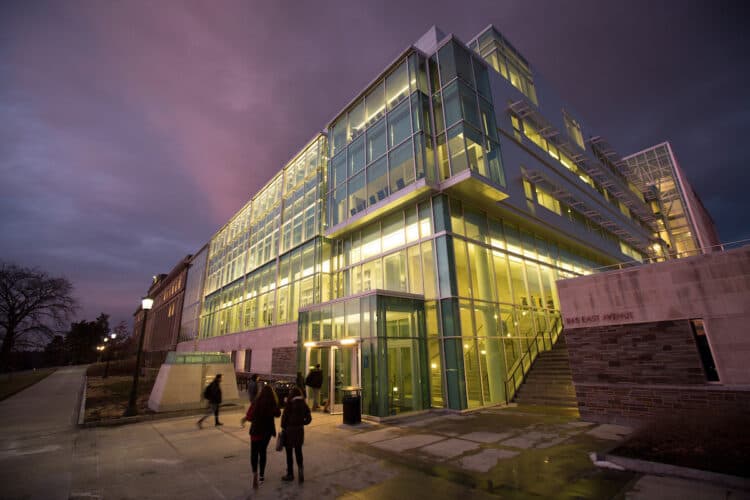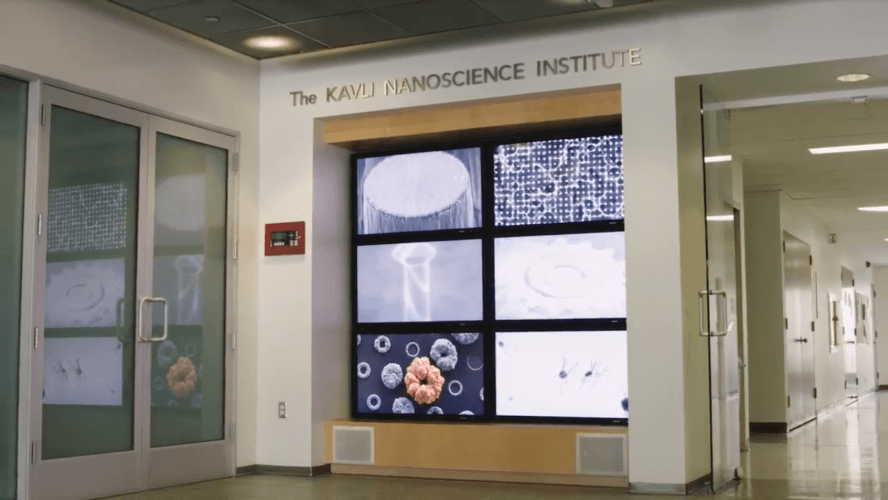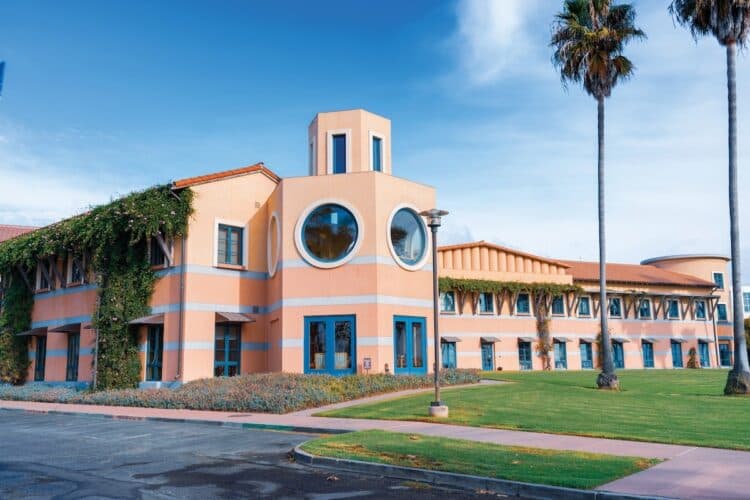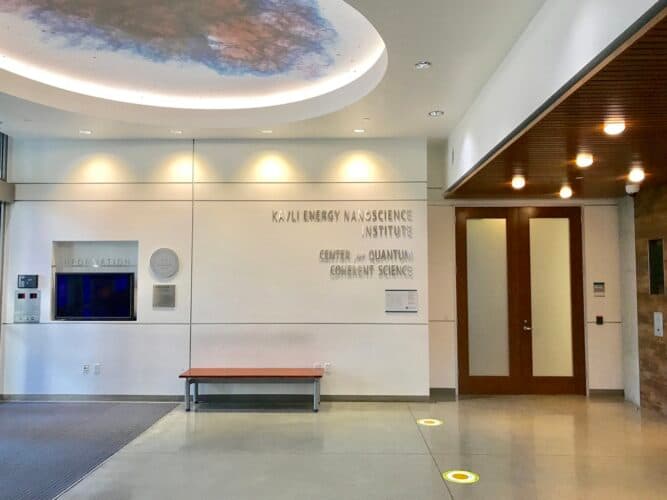
Columbia UniversityKavli Institute for Brain Science
Exploring the complex network of brain cells and their connections
The Kavli Institute for Brain Science (KIBS) uses advanced imaging technology to observe neurons, synapses, and neural circuits as they develop and function, and as they respond to learning. Researchers examine the brain at the cellular, molecular, and systems level to understand how the nerve cells of neural circuits connect during development to control behavior, and how these neural circuits perform and are modified by learning and memory.
FOUNDED 2004
Leadership
AREAS OF INQUIRY
- Mechanisms that specify the identity of neurons and how they form their connections to give rise to neural circuitry during the development of the nervous system.
- The cellular functioning of the olfactory system, which processes the activity patterns of individual sensory neurons to produce the extraordinarily precise mammalian sense of smell.
- The physiology of cognitive processes such as visual attention, spatial perception, and decision-making.
- Anatomical changes in the brain, such as the growth of synapses, that occur during the learning process.
- Learning-related changes in signaling strength between synapses in the hippocampus, a region crucial to memory and one of the first parts of the brain to suffer damage with the onset of Alzheimer’s Disease.
- Functional magnetic resonance imaging (fMRI) of brain circuitry, with an eye toward clinical applications for personalized medicine.
Neuroscience Research Highlights
Research highlights from Kavli Neuroscience Institutes
Sep 12, 2022
Neuroscience Research Highlights
Research highlights from Kavli Neuroscience Institutes
Jun 28, 2022
Neuroscience Research Highlights
Research Highlights from Kavli Institutes in Neuroscience
Mar 22, 2022
Neuroscience Research Highlights
Highlights from Kavli Neuroscience Institutes
Feb 04, 2022
Neuroscience Research Highlights
Highlights from Kavli Institutes around the world
Dec 16, 2021
More Institutes
At Kavli Institutes around the world, scientists explore the frontiers of science in the fields of astrophysics, nanoscience, neuroscience and theoretical physics.
see all institutesStanford University
Astrophysics
Peking University-Beijing
Neuroscience
Rockefeller University
Neuroscience
Johns Hopkins University
Astrophysics
University of Cambridge
Nanoscience
Delft University of Technology, Netherlands
Neuroscience
University of California, San Francisco
Neuroscience
Norwegian University of Science and Technology
Astrophysics
University of Chicago
Theoretical Physics
University of Chinese Academy of Sciences
Neuroscience
Yale University
Massachusetts Institute of Technology
Nanoscience
University of Oxford
Neuroscience
University of California, San Diego, and the Salk Institute for Biological Studies
Cornell University
Nanoscience
California Institute of Technology
University of Tokyo
Theoretical Physics
University of California, Santa Barbara
Nanoscience
University of California, Berkeley


